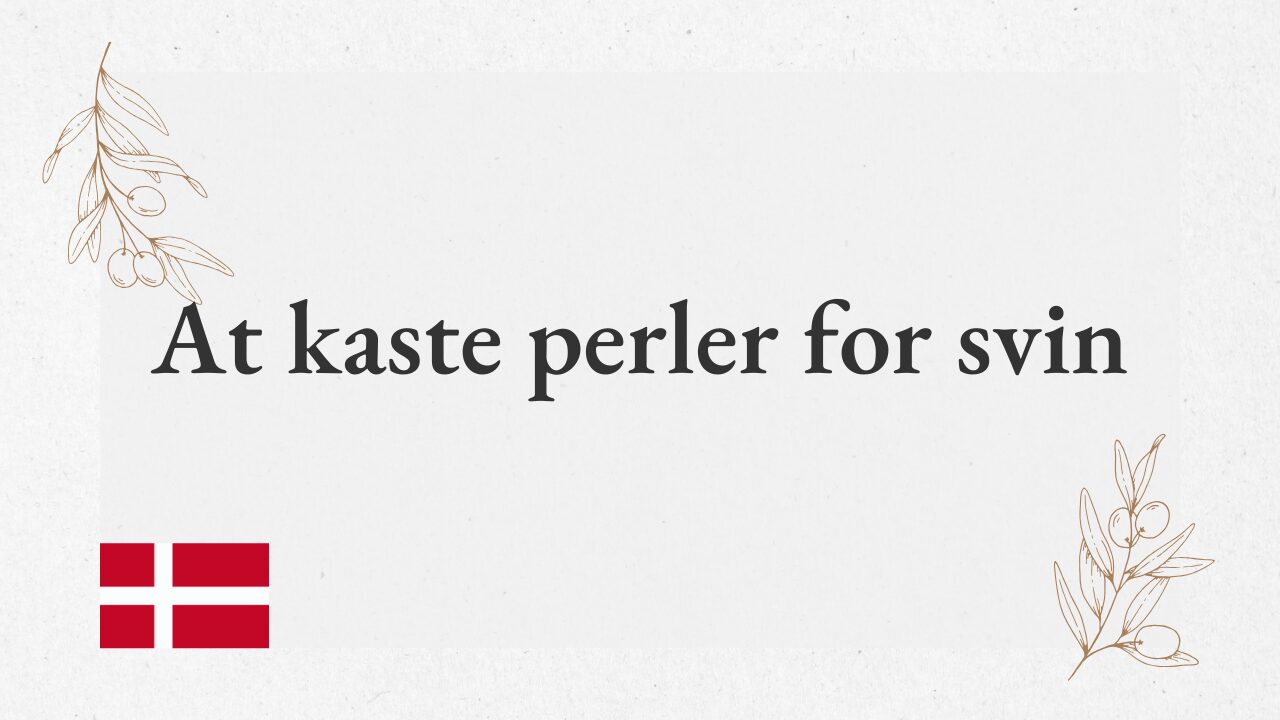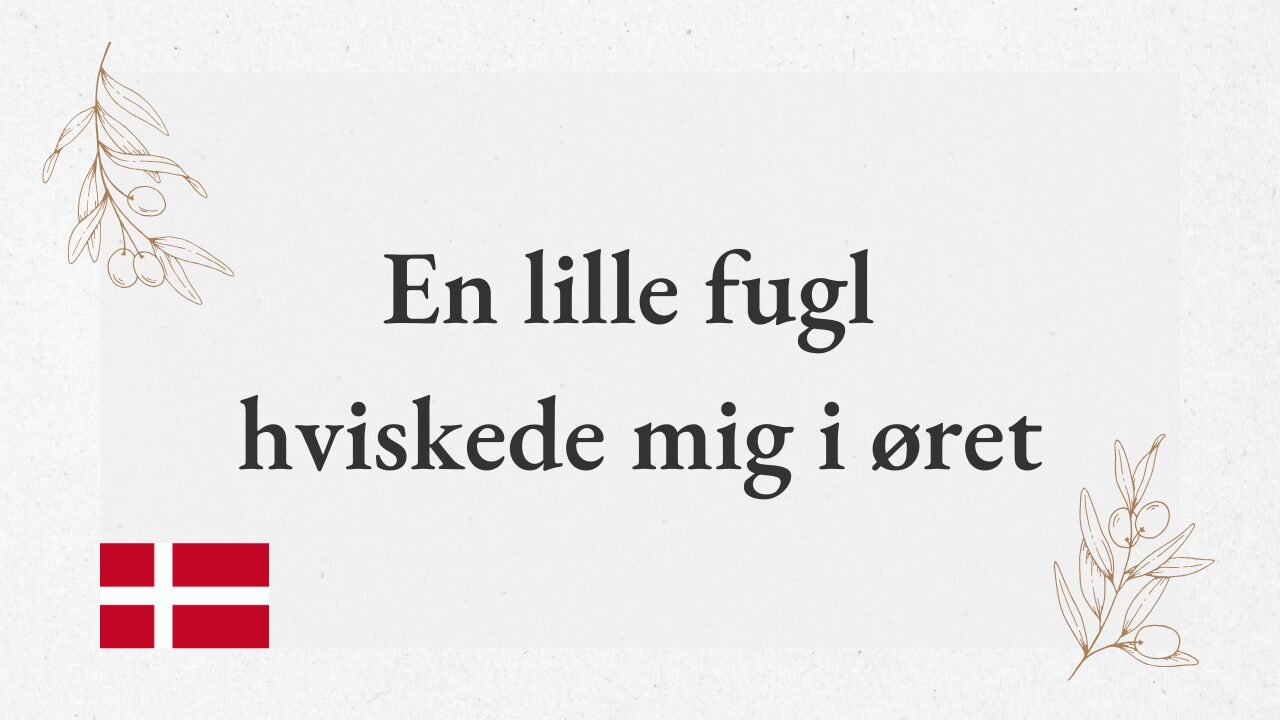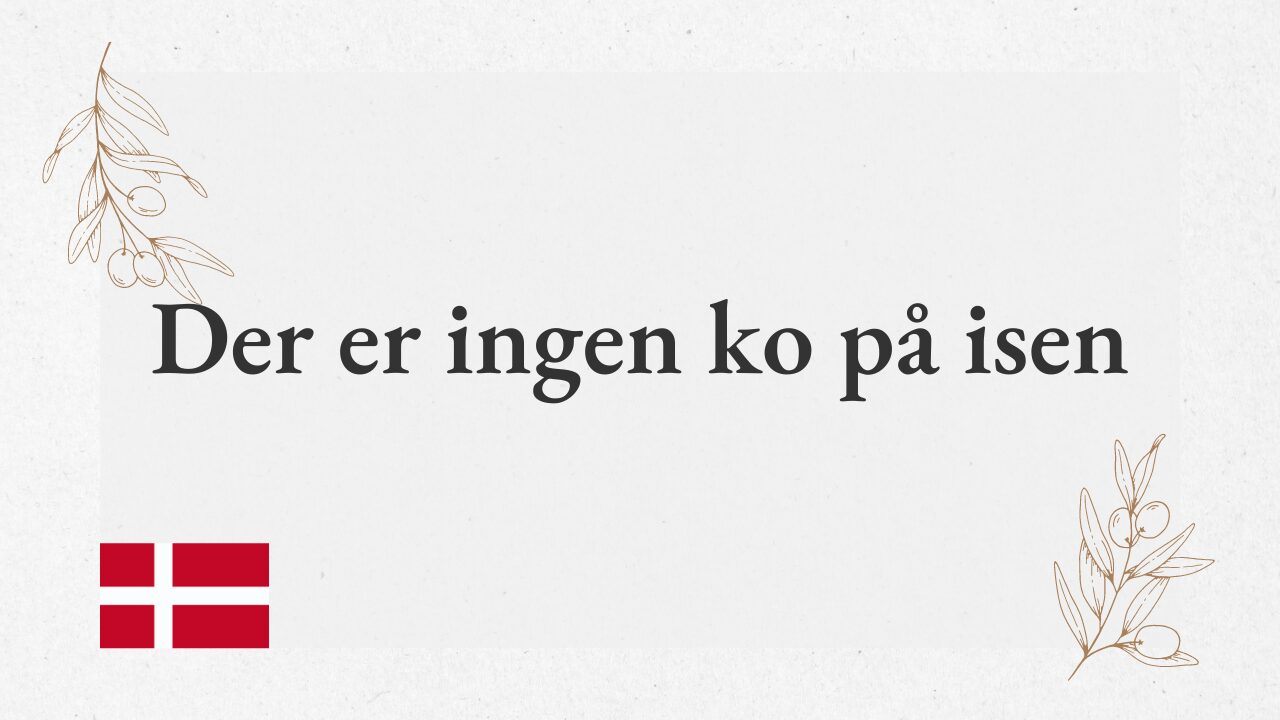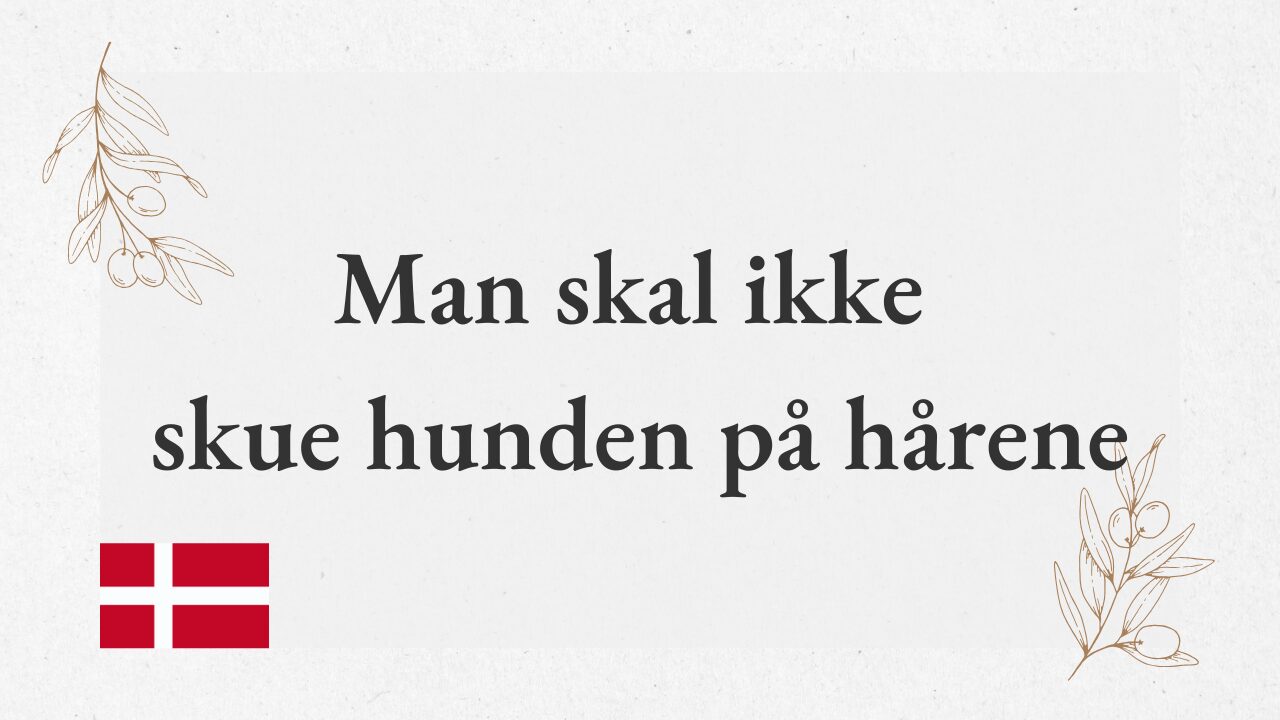“Lige børn leger bedst” – Similar children play best together
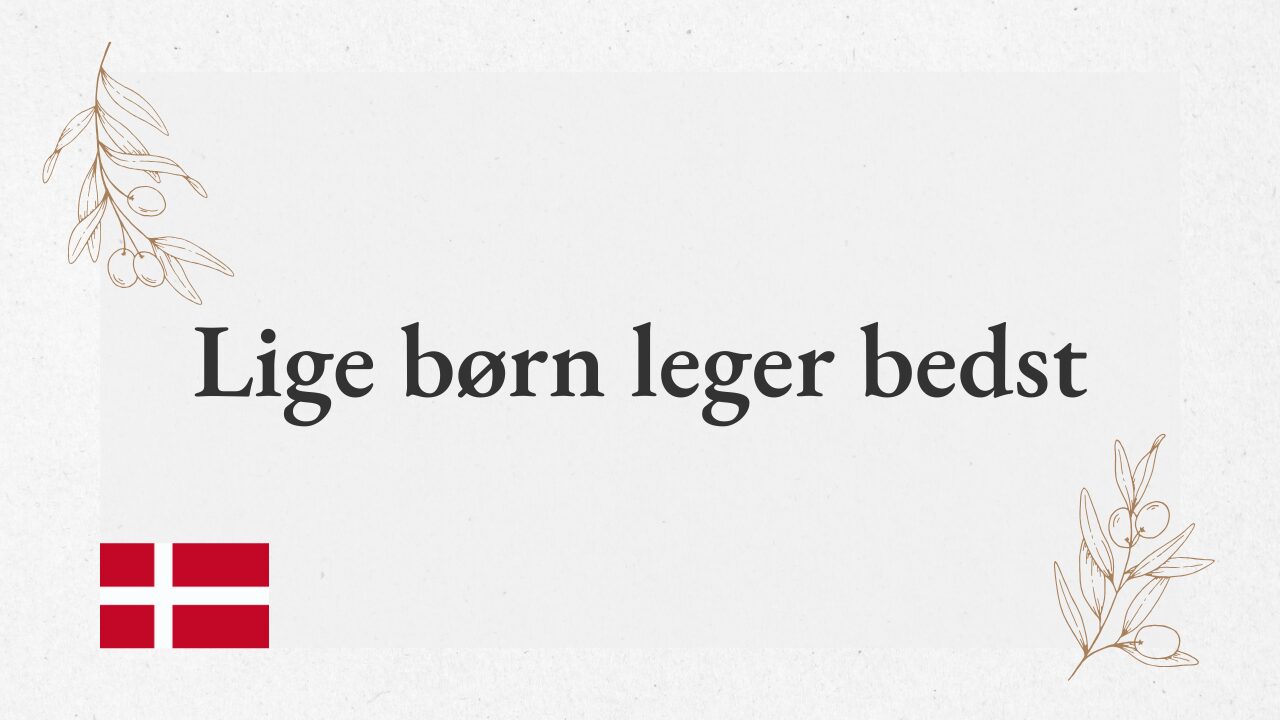
Meaning
In Danish, “Lige børn leger bedst” literally translates to “similar children play best together” and means that “people with similar traits or interests tend to get along better and feel comfortable together.”
This expression is used to suggest that friends, partners, and close relationships are often more harmonious when people share similar values or hobbies, making it easier to understand each other and find common enjoyment. It is also applied to daily social interactions, indicating that people with similar personalities or interests tend to form friendships more naturally.
Expressions similar to “Lige børn leger bedst” are found in other languages as well. For instance, in Japanese, “類は友を呼ぶ” (“birds of a feather flock together”) emphasizes that people who are alike naturally gather together, highlighting a sense of camaraderie.
The English expression “Birds of a feather flock together” conveys almost the same meaning. Similarly, the German proverb “Gleich und Gleich gesellt sich gern” (“like attracts like”) also reflects the idea that people with shared values or personalities tend to build good relationships.
Origin
This expression is influenced by Denmark’s communal culture. In Denmark, the bonds within groups and communities are emphasized, and it is generally believed that having common points helps build comfortable relationships.
Just as children become friends through play, adults, too, find reassurance and connection more easily when with people who share similar interests or values. This proverb reflects these Danish cultural values.
Conclusion
“Lige børn leger bedst” is a Danish expression meaning “people with similar traits enjoy spending time together the most,” emphasizing that people who share values, hobbies, or personalities tend to get along more easily.
In Danish culture, naturally bonding with people who have common traits is seen as the basis for building close relationships. This proverb highlights Denmark’s focus on community, flat social structure, and appreciation for camaraderie and shared values.

